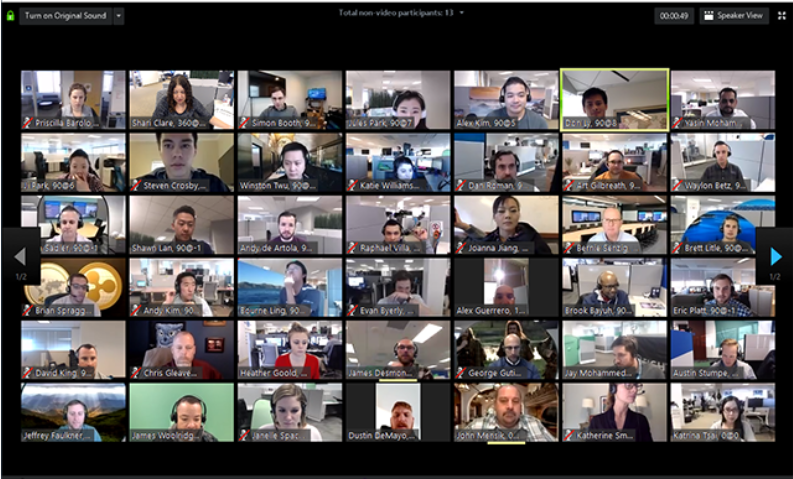Richard Sennett. The Corrosion of Character: The Personal Consequences of Work in the New Capitalism. New York: WW Norton, 2000. 176pp, $15.99.
Anne Helen Petersen and Charlie Warzel. Out of Office: The Big Problem and Bigger Promise of Working from Home. New York: Knopf Publishing Group, 2021. 272pp, $27.
Over the past two years, COVID-19 necessitated a mass adoption of remote work for many — and surfaced deep disagreements between employers and employees about what they owe each other. For all their recent heat, though, these debates are hardly new to American life. Nearly 25 years ago, Richard Sennett published The Corrosion of Character: The Personal Consequences of Work in the New Capitalism, a screed against “flexible work.” Sennett’s story goes like this:
Login to read more
Sign in or create a free account to access Subscriber-only content.
